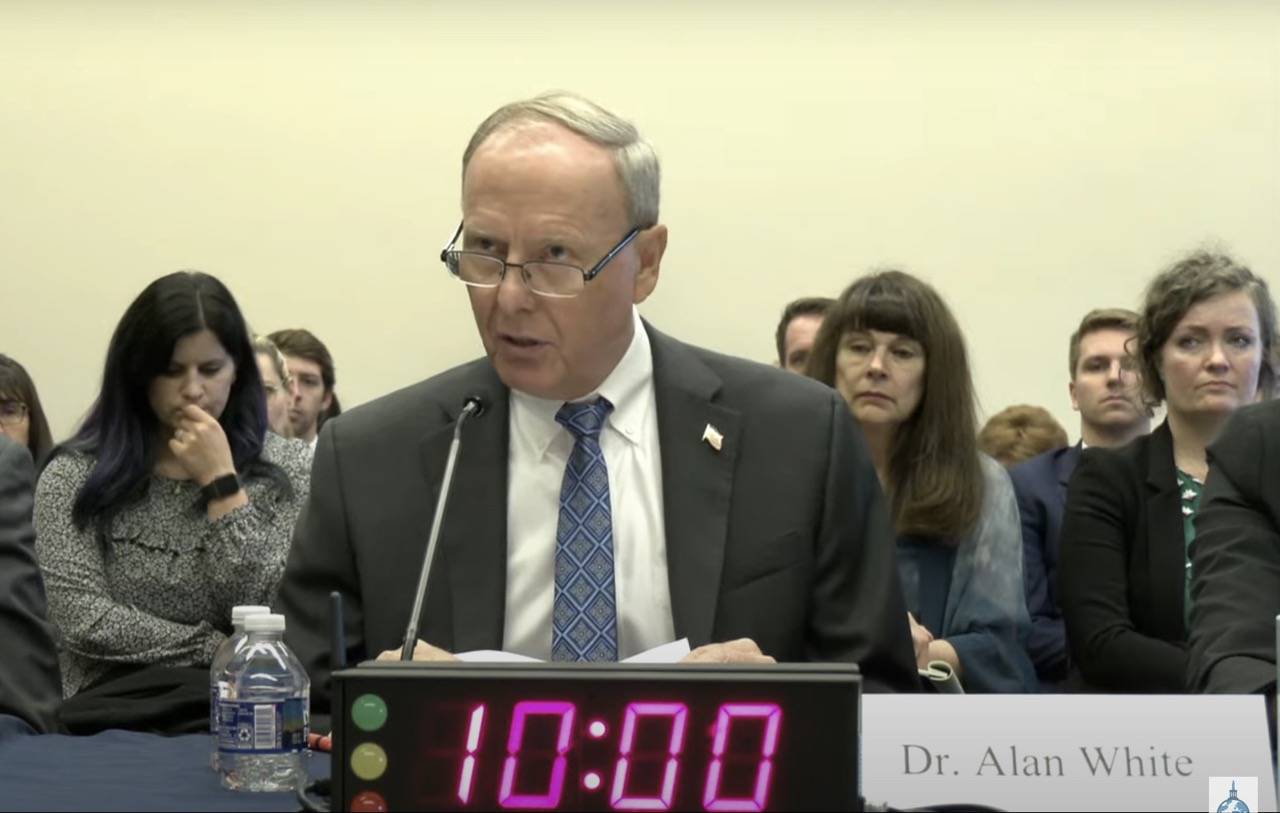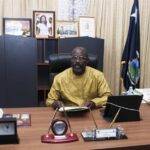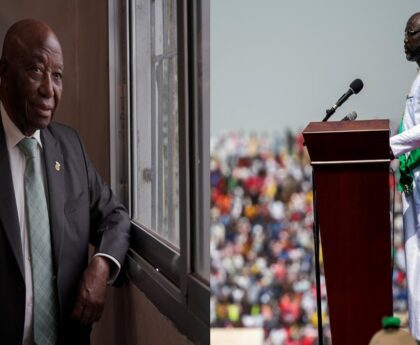Liberia, a nation once ravaged by civil war, has made significant strides towards peace, stability, and democracy in recent years. However, the nation’s progress is not without its challenges. Dr. Alan W. White, Co-Executive Director of the Advocacy Foundation for Human Rights, has recently accused President George Manneh Weah and his government of involvement in ritualistic killings. These accusations were brought before the U.S. House Foreign Affairs Subcommittee, shedding light on a complex issue that has deep historical roots in Liberia.
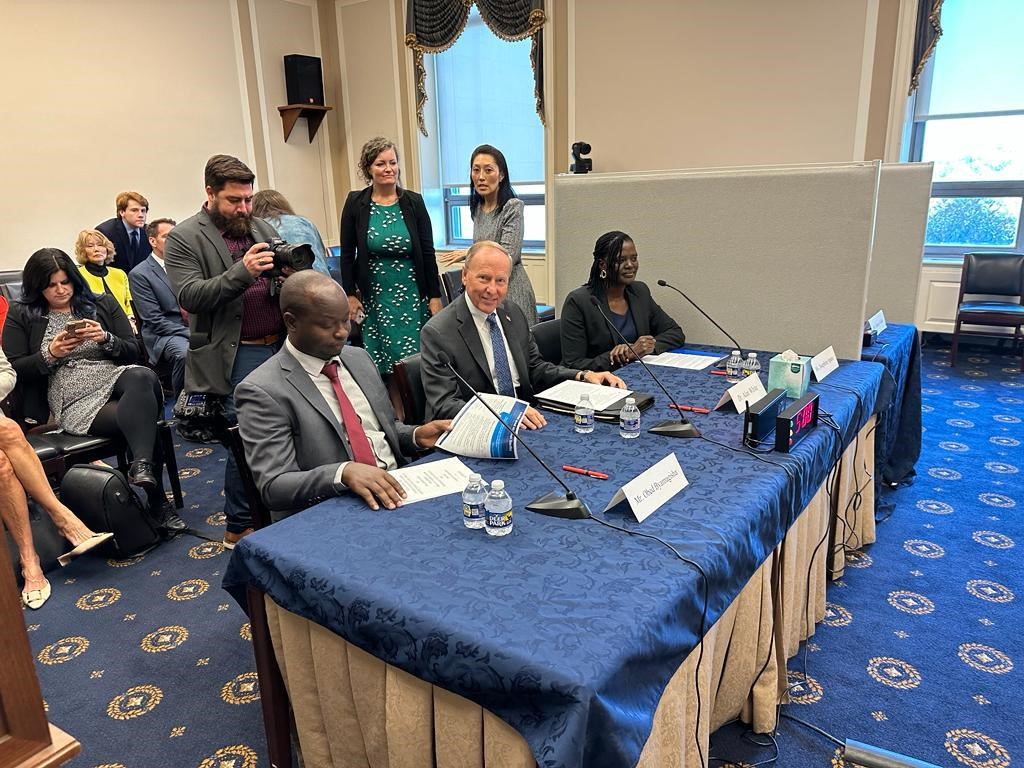

A Dark History of Ritualistic Killings
Liberia has a history of ritualistic killings during its civil wars, with figures like Milton Blahyi, also known as ‘General Butt Naked’, publicly admitting to eating children’s hearts and taking part in human sacrifices to ensure victory in battle. Ritualistic killings in Liberia have a long and sordid history. This gruesome practice involves the sacrifice of human lives to obtain supernatural powers, usually for personal gain, political influence, or financial success. Such killings have been widely condemned by the international community, and various Liberian governments have been under scrutiny for their alleged involvement or inaction in curbing this horrific tradition.
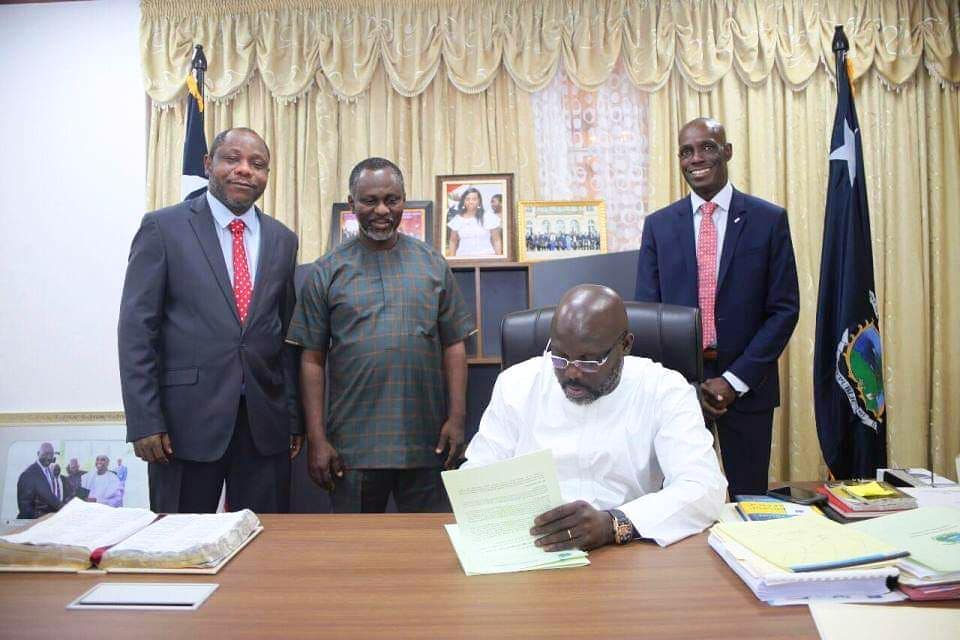

Dr. Alan White’s Allegations Linking President George Manneh Weah’s Government
Dr. Alan White, a global consultant specialize in anti-corruption, due diligence, international criminal and fraud investigations, including war crime crimes and crimes against humanity, has emerged as a vocal critic of President George Weah’s government. In a shocking testimony before the U.S. House Foreign Affairs Subcommittee on Africa, Global Health, and Global Human Rights, Dr. White accused the current Liberian government of being involved in ritualistic killings. He presented evidence and personal accounts suggesting that individuals within the government had participated in or facilitated such acts.
Dr. White’s testimony also touched upon recent cases of ritualistic killings in Liberia, such as the mysterious disappearance of three young men hired for a task in Bong County in October 2020 by the St. Moses Funeral Home. The bodies of these young men were never returned to their families, and investigations into their deaths remain unresolved, raising suspicions of involvement by influential individuals with close government ties.
“The Foundation has received disturbing information about the frequency of such killings and the allegations linking it to the Executive Mansion (The Office of the President) and other high-ranking government officials. Details of these atrocities are difficult to obtain,” he said.
Dr. White shed light on the Foundation’s mission to combat human rights violations, including ritualistic killings and the alarming allegations linking these acts to high-ranking government officials, including the Executive Mansion. The Advocacy Foundation for Human Rights, a non-profit organization based in Washington, D.C., has been dedicated to targeting human rights violators, exposing public corruption, and advocating for justice and accountability for the victims of such atrocities. In his testimony, Dr. White detailed the challenges faced in gathering information and conducting investigations into ritualistic killings, emphasizing the danger faced by sources who dare to speak out against these crimes.
Links to the Previous Administration
Dr. Alan White also linked the past regime to acts of ritualistic killings, saying “The Ellen Johnson Sirleaf administration during her 12 years (2006-2018) in office was plagued with ritual killings and despite vows to bring them to an end they continued. The same problems continue under the Weah administration and unlike Sirleaf there were no insiders reporting her direct involvement with the ritual killings.”
Dr. White’s accusations also draw connections between President Weah’s government and its predecessor, President Ellen Johnson Sirleaf’s administration. He alleges that the issue of ritualistic killings has persisted over the years and that those responsible have not been held accountable. This raises questions about the continuity of the problem and the political will to address it effectively.
President Weah’s Government Response
In response to Dr. White’s allegations, President Weah’s government vehemently denied any involvement in ritualistic killings. The government described the accusations as baseless and politically motivated, aimed at tarnishing the reputation of the administration. They argue that they have been actively working to address the issue of ritualistic killings and have made progress in bringing perpetrators to justice.
Challenges in Addressing Ritualistic Killings
Addressing ritualistic killings in Liberia is a multifaceted challenge. It involves not only identifying and prosecuting individuals involved but also tackling the deeply rooted beliefs and traditions that perpetuate this practice. Liberia’s history of conflict and instability has contributed to a culture of impunity, making it difficult to hold those responsible accountable.
International Involvement
The international community, including organizations like the United Nations and human rights groups, has played a crucial role in raising awareness about ritualistic killings in Liberia. These organizations have urged the Liberian government to take decisive action against those involved and to provide support to victims and their families.
Conclusion
Dr. Alan White’s accusations against President George Weah and his government regarding ritualistic killings in Liberia have sparked a significant debate within the country and on the international stage. While the allegations are deeply troubling, it is essential to ensure a fair and impartial investigation into the matter. Liberia has come a long way in its journey toward peace and stability, but addressing the issue of ritualistic killings requires concerted efforts, both domestically and with the support of the international community. The outcome of this investigation will not only impact the credibility of the current government but also have implications for Liberia’s future as a stable and democratic nation.
Dr. White commended the Subcommittee for its work and called for a thorough examination of the issue of ritualistic killings in Africa, especially in Liberia. He urged legislation that could bring an end to these heinous crimes, emphasizing the importance of exposing those involved and prosecuting them for their actions. The Advocacy Foundation for Human Rights remains committed to addressing this dark issue plaguing many African countries and hopes that the Subcommittee’s efforts will help put an end to these atrocities once and for all.
